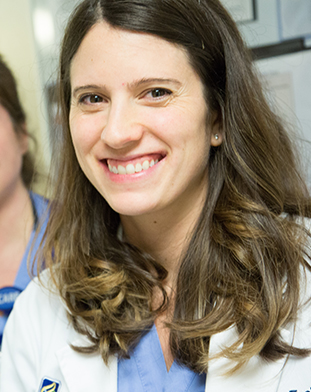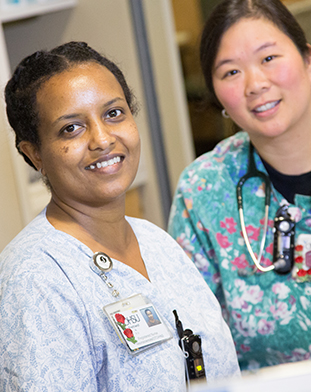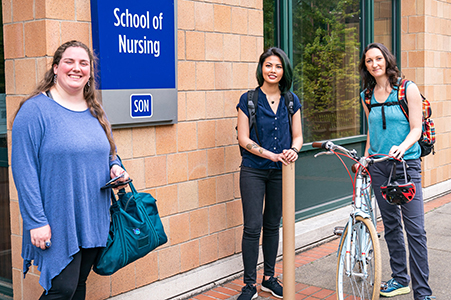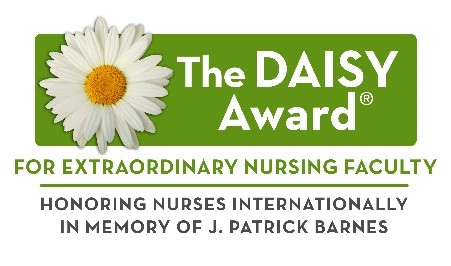The future of nursing begins at OHSU
The OHSU School of Nursing offers undergraduate, graduate, and doctoral opportunities across six locations and our online programs. Students get first-hand experience with clinical specialties and complex treatment of diseases and health-related problems within a magnet system of hospitals and clinics.

Earn a bachelor's degree

Earn a master's degree

Earn a doctoral degree
Scholarships available
OHSU offers a variety of scholarships that can help fund your education.
Support the School of Nursing
Your gift makes a difference to the next generation of nurses.
Connect with us
Find your future here
Nik thought he'd be a medic on the battlefield. Now he’s in nursing school studying to become a nurse-midwife at Oregon Health & Science University. OHSU is the place for curious problem-solvers who want to change the future of science and medicine. Watch his story below.
U.S. News & World Report released its new rankings of the best graduate nursing programs in the nation.
We are pleased to announce the 2023 U.S. News results for OHSU's School of Nursing. Being ranked among the best nursing schools represents the work of many faculty and staff members who make our programs high quality. Some of the highlights include:
- 2023 Best Undergraduate Bachelor of Science in Nursing (BSN) Programs #9
- Nurse-Midwifery #2
- Nurse Practitioner –Family Specialty #12
- Nurse Practitioner –Pediatric, Primary Care #12
- Best Online Graduate Nursing Programs #17
- Best Online Master's in Nursing in Education program #5
- Best Online Master's in Nursing Administration program #17
- Best Nursing Schools: DNP #35
- Best Nursing Schools: Master's #36
- Nurse Anesthesia #51
School of Nursing Statement of Commitment to Anti-Racism
The OHSU SON acknowledges the structural racism embedded in our society, education, and healthcare. We also acknowledge that the profession of nursing and OHSU, are steeped in a history of exclusion and white privilege, a reality that calls upon us to consciously and actively seek to unlearn, learn, and practice our commitment to combat racism daily. We recognize the painful and racist history of Oregon that overshadows and adds to the challenge and importance of our anti-racism work. In response, we firmly commit to disarming racism by reasserting diversity, equity, and inclusion as core values of our school and coming together as one community of students, staff, faculty, and community partners in support of each and every one of our members of color, in condemning racism in all of its forms. The initial focus of our actions will be our own school and will include all of our members, through individual and collective commitment and intentional practice.”
Read the entire Commitment to Anti-Racism statement and its updates.

